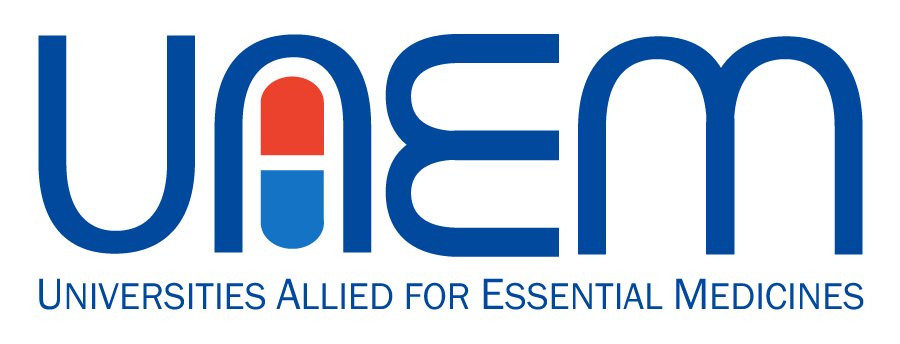Taxpayers deserve the benefit of the bargain: Use the Bayh-Dole Act for access, not a political agenda.
By Cassidy Parshall, MSc, and Justin Mendoza, MPH
In the Trump administration's most recent move to negotiate Harvard University’s federal funding, Secretary of Commerce Howard Lutnick initiated an immediate review of the university’s intellectual property derived from taxpayer funded research.
With this move, the administration is positioning itself to assert the government’s rights to Harvard University’s intellectual property, citing the Bayh-Dole Act as their authority to do so.
The Bayh-Dole Act of 1980 safeguards federally funded inventions by enabling the government to issue licenses to third parties if the patent owner does not comply with certain conditions that enable the widespread use of US-backed innovation. Additionally, Bayh-Dole outlines a fully paid-up license that allows for the government to utilize a patented product anywhere in the world, as described in petitions to the previous administration. These rights are important mechanisms to serve the interests of the public. Yet, past administrations have severely underutilized them to do so. In fact, at least 18 requests have been made of the U.S. government to utilize Bayh-Dole rights to benefit patients, scientists, and the global community and very rarely have those rights been utilized in any way.
Patients have long called for federal agencies to use this authority to expand access to lifesaving medicines that have been priced out of reach for many Americans–a failure of the US healthcare system that President Trump has vowed to fix. Today, one out of four adults have difficulty affording their prescription drugs. Through march-in rights and royalty-free licenses, the Bayh-Dole Act provides a potential pathway to fixing this problem, at least when a medicine’s discovery is funded with taxpayer dollars.
Drug development in the US is funded significantly by taxpayer dollars. From 2010 to 2019, 99.4% of drugs approved by the US Food and Drug Administration were funded in part by the US National Institutes of Health. While the US government puts nearly $50 billion annually into biomedical research and development, patients in the US continue to pay the highest prescription drug prices in the world.
Given President Trump’s pledge to protect American families by lowering the cost of prescription drugs, and efforts to ensure that the U.S. taxpayer receives a fair price on medicines, the administration should utilize these rights to lower prescription costs, increase generic competition, and spur new American manufacturing. Yet, during the previous Trump administration cancer patients petitioned Health and Human Services secretary Tom Price to utilize march-in rights for affordability, and the administration denied the petition.
At the time, Astellas Pharma, a Japanese corporation, was charging American citizens more than $130,000 per patient per year for Xtandi, an effective and important medicine for prostate cancer. Xtandi’s patents are subject to the Bayh-Dole Act. The administration rejected the petition based in part on the company providing an access program for some patients, and the increasing (at the time) sales of the lifesaving medicine.
In negotiation with Harvard, the Trump administration has demonstrated its willingness to wield the authorities granted by the Bayh-Dole Act, demanding that “Harvard provide a comprehensive list of all patents it has received stemming from federally funded research grants and provide information sufficient to prove its compliance with the Bayh-Dole Act, its associated regulation, and our contractual agreements.” Additionally, the administration references standards in the act, including whether or not Harvard may have taken the steps to ensure “practical application of the inventions.” Practical application includes making sure a product is available to the public on “reasonable terms.” Advocates have long argued that the “reasonable terms” standard should include the price of the product, especially when the product is a lifesaving medicine.
The question this raises is for what purpose will the Trump administration review Harvard’s patents? Rather than use Bayh-Dole as a tool in negotiation with a single university, the administration can and should utilize the law to help protect patients from high and rising costs for medicines developed with taxpayer funds.
*Authors are the program manager and executive director, respectively, of Universities Allied for Essential Medicines North America. The organization that has been advocating for universities to make medicines discovered on campus affordable since 2001.
